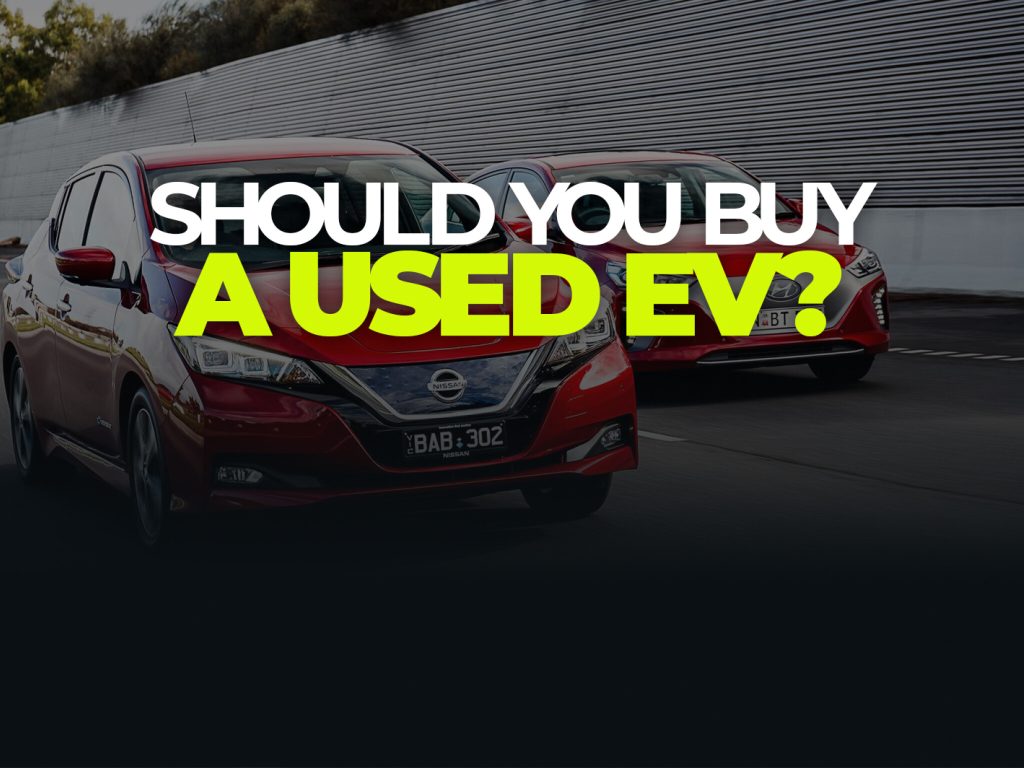
Introduction:
The aim of this project report is to provide detailed information on the essential factors to consider when purchasing a used Electric Vehicle (EV). As the adoption of EVs continues to grow, the second-hand market for these vehicles is also expanding. However, it is crucial to exercise caution and perform thorough research before making a purchase decision. This report will outline key considerations, including the vehicle’s condition, battery health, maintenance history, warranty, and pricing.
1. Research Methodology:
To compile this report, various sources were consulted, including automotive industry publications, online forums, EV manufacturers’ websites, and interviews with EV owners and industry experts. The information obtained was critically analysed to ensure accuracy and relevance.
2. Importance of Researching the Used EV Market:
When buying a used EV, it is essential to understand the unique aspects associated with these vehicles compared to conventional internal combustion engine (ICE) vehicles. Conducting thorough research allows potential buyers to make informed decisions, avoiding potential pitfalls and ensuring a satisfactory purchase.
3. Factors to Consider
Vehicle Condition:
Examine the physical condition of the vehicle, including bodywork, tires, brakes, suspension, and interior. Look out for any signs of damage, wear, and tear, or accident history. It is recommended to have a professional inspection conducted by a trusted mechanic or an authorized service centre.
Battery Health:
The battery pack is a critical component of an EV, and its condition greatly affects the vehicle’s range and performance. Obtain information about the battery’s age, capacity, and charging habits. Analyse available data on the battery’s state of health (SOH) and degradation. Ideally, the battery should have a high SOH and minimal degradation.
Maintenance History:
Request the maintenance records of the used EV to understand the vehicle’s service history. This includes routine maintenance, software updates, and any repairs undertaken. A well-documented maintenance history indicates that the previous owner took proper care of the vehicle.
Warranty:
Determine if any remaining warranty coverage transfers to the new owner. EV manufacturers typically offer warranties for the battery pack and other EV-specific components. Understanding the warranty terms and conditions will help assess the potential cost of repairs or replacements.
Charging Infrastructure:
Evaluate the availability and proximity of charging stations in your area. Consider the charging options compatible with the EV, such as Level 1 (110V outlet), Level 2 (240V charging station), and Level 3 (DC fast charging). Ensure that the used EV can fit into your charging routine and lifestyle.
Range and Performance:
Research the vehicle’s range capabilities, keeping in mind your daily driving needs. Assess the battery size, energy consumption, and charging efficiency to determine if it aligns with your expected range requirements. Additionally, check the vehicle’s performance specifications, such as acceleration, top speed, and handling.
Software and Firmware Updates:
Inquire about the availability of software and firmware updates for the used EV. Regular updates can enhance the vehicle’s performance, range, and user experience. It is essential to ensure that the EV’s software is up-to-date and supported by the manufacturer.
Price Evaluation:
Compare the prices of similar used EV models in the market. Consider factors such as age, mileage, battery condition, warranty coverage, and available features. Utilize online resources, local dealerships, and private sellers to gather pricing information and negotiate the best deal.
4. Conclusion:
Purchasing a used EV requires careful consideration of several factors. Conducting comprehensive research, inspecting the vehicle’s condition, evaluating the battery health, reviewing the maintenance history, understanding warranty coverage, considering the charging infrastructure, assessing range and performance, staying up-to-date with software updates, and conducting a thorough price evaluation are vital steps to ensure a successful purchase.
5. References:
a)https://www.kbb.com/car-advice/buying-used-electric-car/
c)https://monta.com/uk/blog/how-to-buy-used-evs/
d)https://www.greencars.com/expert-insights/what-to-consider-when-buying-a-used-electric-car
d)https://www.mobilityhouse.com/int_en/knowledge-center/buying-a-used-electric-car
Recent Posts
Have Any Question?
Lorem ipsum dolor sit amet, consectetur adipiscing elit. Ut elit tellus, luctus nec ullamcorper mattis, pulvinar dapibus leo.
